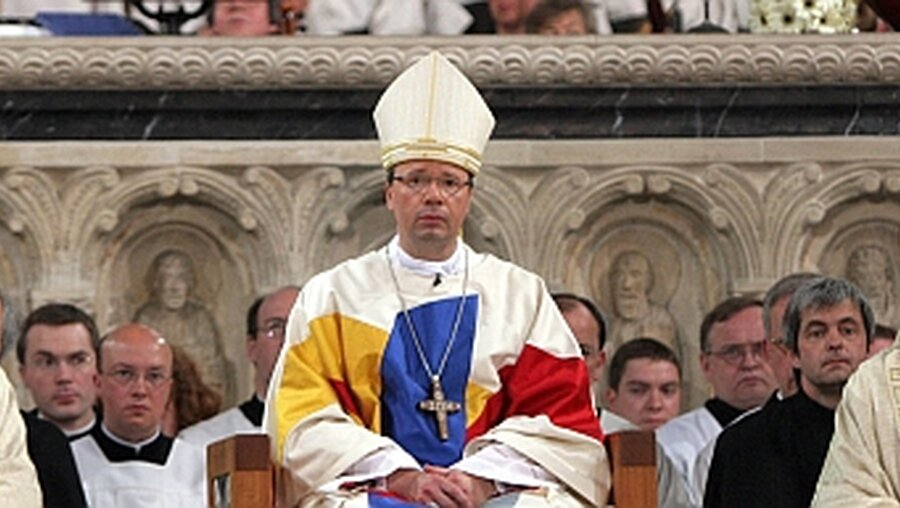Bishop says we are just at the "beginning of the beginning" of the Synodal Path
After the end of the Synodal path last weekend, Bishop Stephan Ackermann of Trier emphasized that this was “actually just the beginning of the beginning”. Accordingly, the Synodal Committee will now "continue to work on the relevant issues", including "also on the texts that have not been adopted."
The Synodal Committee is an intermediate step towards a Synodal Council, which should consolidate the Synodal Path. Pope Francis had clearly rejected the introduction of a synodal council in January by approving a corresponding letter from three high-ranking curia cardinals to the chairman of the German Bishops' Conference (DBK), Bishop Georg Bätzing, "in forma specifica".
Ackermann admitted that there are issues “where we, as bishops, have committed ourselves to bringing them into the universal church process – i.e. to give them to Rome.” And further: “There are still discussions to be had in Rome. I think that will be an opportunity to bring things in there then.”
For him, three documents that were approved by the synodal path with a clear majority of the bishops are particularly important, "precisely because they bring about changes in the church," explained the bishop of Trier.
First, he mentioned the storyline "Blessing Celebrations for Couples in Love," which advocates giving a blessing to homosexual couples or even people who are civilly divorced and remarried: "This is an important text to me because it shows the direction , both in pastoral care as well as for liturgical services, in order to give appropriate answers to couples who ask for the blessing […].”
It was only in March 2021 that the Congregation for the Doctrine of the Faith specifically stated with regard to blessing celebrations for same-sex unions that the Church could not allow this because it had no “authority” to do so.
Ackermann also mentioned the basic text "Priestly Existence Today" as an important paper, which forms the basis for action texts that call for the softening of priestly celibacy.
Finally, the bishop referred to the opening of the sacramental diaconate to women. The same document also advocates reconsidering the introduction of female priests. Pope John Paul II had declared in 1994 "that the Church has no authority whatsoever to confer priestly ordination on women and that all the faithful of the Church must definitively abide by this decision".










.jpeg)

Comments